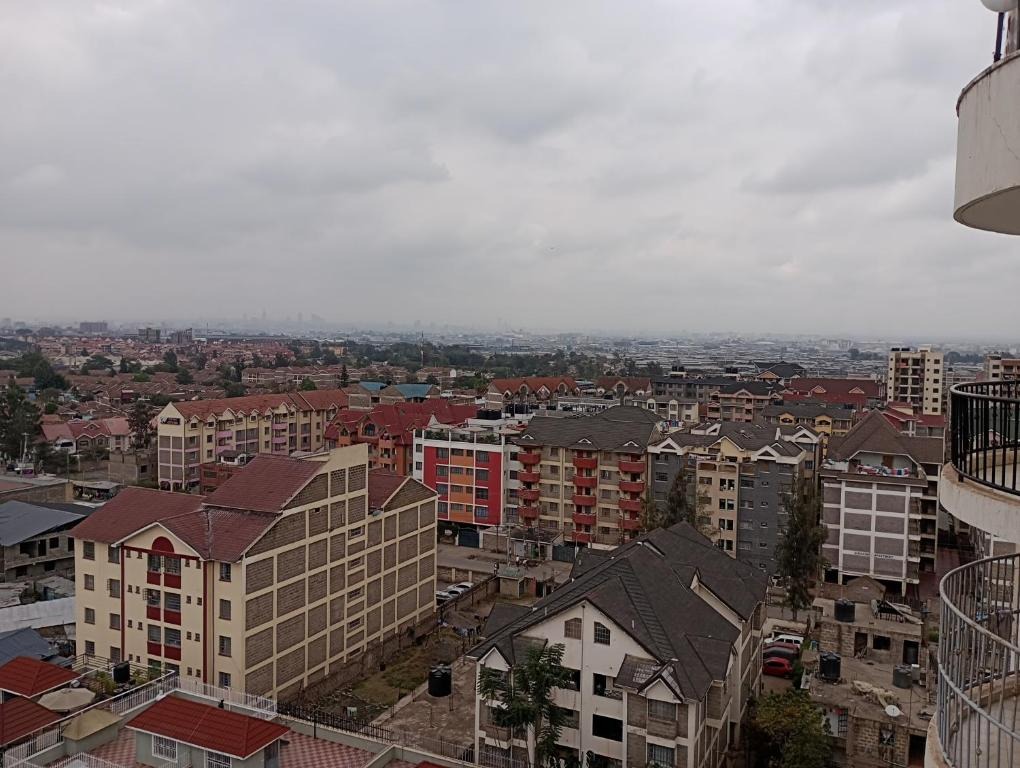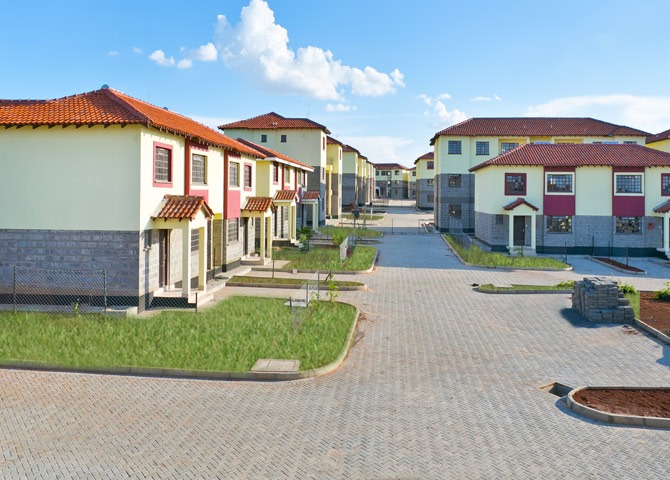Are you tired of the stock market’s ups and downs? Do cryptocurrencies seem too cryptic? Well, have you considered investing in something a bit more… grounded? That’s right, we’re talking about buying land for agricultural investment in Kenya’s fertile regions! It’s the perfect way to diversify your portfolio and get in touch with your inner farmer.
First things first, let’s talk location. The Rift Valley Region is like the Beverly Hills of Kenyan farmland – it’s got the views, the soil, and the potential for your crops to be the talk of the town. But don’t just take our word for it; do your homework to find the perfect patch of paradise.
Now, onto the nitty-gritty: soil quality. You want dark loam or sandy loam soil, the kind that makes your carrots and potatoes feel like they’re at a five-star spa. Avoid black cotton or clay soils unless you want your veggies to need floaties when it rains.
Water source is key. You don’t want to rely on rain dances for a good harvest. Make sure your land has access to a permanent water source, or you might find yourself investing in a cactus farm instead.
Topography is another biggie. You’re looking for gently sloped land – think of it as a natural defense against the waterworks from above. Steep land might just send your dreams (and soil) downstream].
Accessibility is crucial unless you plan on using carrier pigeons to deliver your produce. Check for all-weather roads, or you might end up with a truckload of tomatoes and no way to get them to market.
And let’s not forget about climate and weather. You want a place that’s not too hot, not too cold, but just right. Goldilocks would approve.
Last but not least, farm security. Unless you fancy sharing your harvest with the local wildlife or dealing with cattle rustlers, pick a spot that’s as safe as houses.
The Promise of Agricultural Investment: Exploring Kenya’s Fertile Regions
Kenya is a land of diverse landscapes, from the bustling streets of Nairobi to the serene savannahs, is also a place where agriculture is not just a way of life but a canvas for investment masterpieces. Picture this: fields of green that stretch as far as the eye can see, dotted with farmers who are more like artists, painting the future of food security with every seed they sow.
Now, let’s talk numbers, because in Kenya, agriculture is not just about getting your hands dirty. It’s a booming business! With 70% of the country’s exports having an agricultural focus and employing 85% of the rural workforce, it’s clear that Kenya’s soil is not just fertile, it’s golden. And let’s not forget, Kenya is the largest exporter of horticulture in East Africa and the third largest tea exporter globally. That’s right, your morning cup of tea probably started its journey from the Kenyan highlands!

But wait, there’s more! The Climate Smart Agriculture Investment Plan for Kenya is like a treasure map for investors, guiding them through the best-bet CSA investments in the country. And for those who are thinking, “But what about the water?” Well, the ASAL regions may be thirsty for H2O, but they are fertile and ripe for agricultural innovation.
So, if you’re looking to invest in a sector that’s growing faster than a beanstalk in a fairy tale, Kenya’s agriculture is where it’s at. With conducive climatic conditions, bilateral agreements that favor local production, well-established export markets, and affordable labor and agricultural land, it’s a no-brainer.
Factors to Consider When Purchasing Agricultural Land in Kenya
Before diving into agricultural investment in Kenya, it’s essential to consider several factors to ensure a successful venture:
- Soil Quality: Assess the fertility and suitability of the soil for your intended crops or livestock production. Conduct soil tests and seek expert advice to determine the land’s agricultural potential.
- Water Availability: Ensure access to reliable water sources for irrigation or livestock watering, as water scarcity can significantly impact agricultural productivity.
- Infrastructure: Consider the availability of infrastructure such as roads, markets, and processing facilities, which are essential for transporting and selling agricultural products.
- Land Tenure: Clarify the land tenure system and ownership rights to avoid potential disputes or legal issues in the future.
- Market Demand: Research market trends and demand for agricultural products both domestically and internationally to identify profitable investment opportunities.
Investing in agricultural land in Kenya’s fertile regions holds great promise for investors seeking long-term growth and profitability. By carefully considering key factors, conducting thorough due diligence, and implementing effective strategies, you can unlock the potential of agricultural investment in Kenya and contribute to the country’s economic development while reaping the rewards of a thriving agricultural sector.







